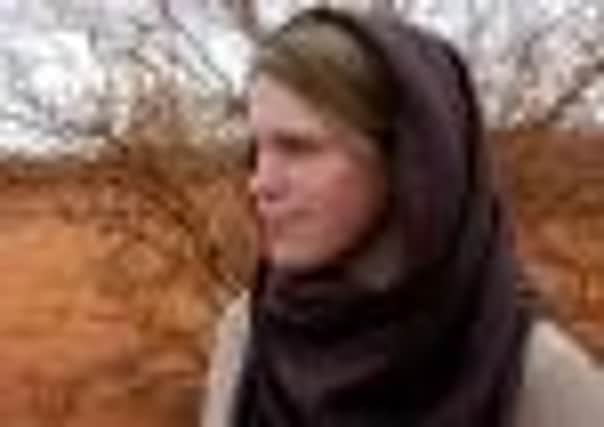Capital unites to help more than a million people hit by Africa famine


The Edinburgh Disasters Response Committee appeal, led by local charity Mercy Corps and the city council, has helped more than a million people in Ethiopia, Somalia and Kenya who have been struggling to survive the worst drought the region has seen for six decades.
Individuals, schools, businesses and other organisations across the city have made generous donations since the appeal was launched in July.
Advertisement
Hide AdAdvertisement
Hide AdSt James Church in Leith raised £1000 as part of a special harvest appeal, with parishioners also collecting change in jam jars in their homes.
Another significant contribution came from Artemis, the Edinburgh-based investment company, which donated £10,000.
Erin Gray, an Edinburgh-based member of the Mercy Corps team, who visited the drought-hit region earlier this year, said: “We are hugely grateful for the help that people in Edinburgh have given.
“Though rain has begun to reach some of the areas affected and the aid that our teams have been giving is helping, the crisis is far from over.
Advertisement
Hide AdAdvertisement
Hide Ad“The drought and food crisis are so severe that it will take many months – and good rains early next year – before pastures will regrow, animals recover, food supplies replenish and families get back to any semblance of normality.
“The autumn rains are usually very brief, and a few days of rain simply isn’t enough to undo the damage of years without a drop.”
The Mercy Corps team has reported rain in Wajir County, Kenya, Jijiga and Gashamo, Ethiopia, and Mogadishu, Galgadud, Mudug and Nugal, Somalia. However, in some areas where they work – such as the Bari and Karkar regions of Puntland in Somalia – it is still not raining.
Ms Gray, who lives in Southhouse, said: “Unfortunately in some places rain may actually increase the problems families are facing in the drought zone.
Advertisement
Hide AdAdvertisement
Hide Ad“Water that’s not well captured and stored can be contaminated and carry disease.
“Drinking this dirty water could lead to outbreaks of diarrhoea and other water-borne ailments.
“Also, those few animals that are still alive are very weak, and intense periods of rain make them cold and even weaker.
“When families lose their animals, they have no other way to earn money.”
Advertisement
Hide AdAdvertisement
Hide AdThe 29-year-old added: “On top of all this, we’re still seeing major increases in malnourishment, of children in particular. Our teams are working every day to provide treatment and support to those affected, but the scale of the problem is huge. People simply can’t afford to feed their families, and the drought has taken any way they have of earning enough to support themselves.”
Funds raised in the Capital have gone towards a wide range of relief activities across the drought region, including distributing water and diesel to communities with generators to pump water from below ground to more than 200,000 people in parts of Kenya hardest hit by the drought.
Cash – £20 per family – has also been distributed to more than 1800 households in greatest need, allowing them to buy basics such as rice, oil, onions, tea and milk powder.
The much-needed funds have also been used to provide mobile health clinics and malnutrition screening and treatment for thousands of children and mothers in Ethiopia.
Advertisement
Hide AdAdvertisement
Hide AdThe Mercy Corps team has also distributed hygiene essentials including buckets, towels and laundry soap to more than 2000 families living in camps in Mogadishu, Somalia, as well as water and food basics.